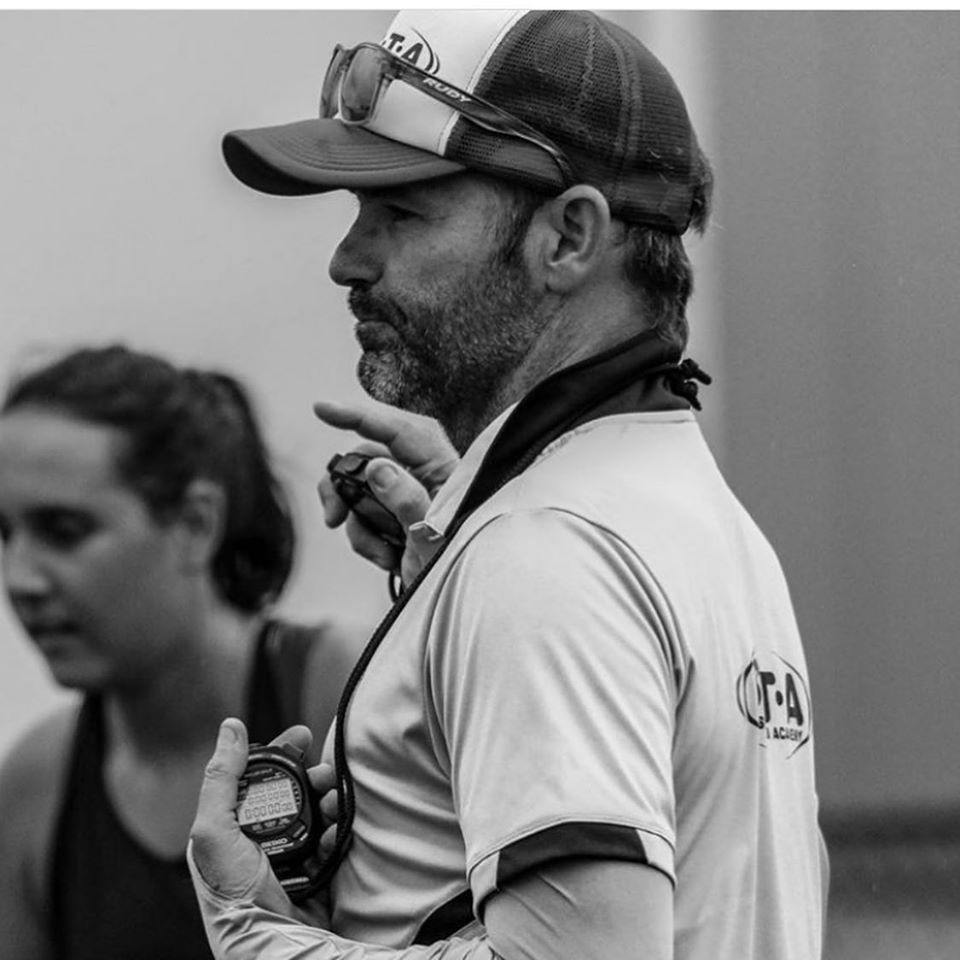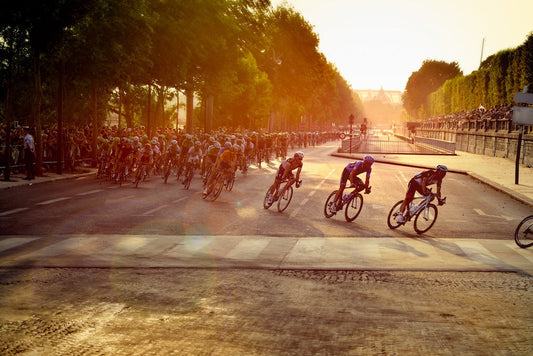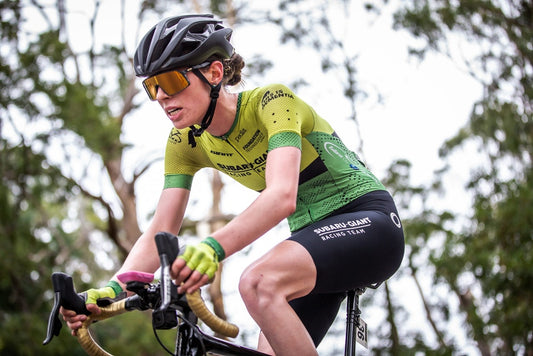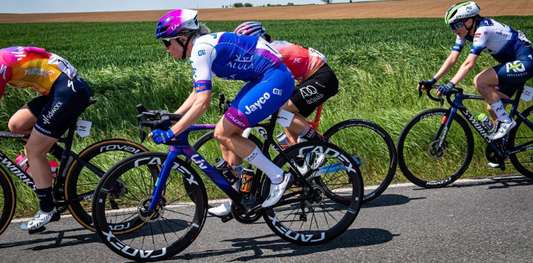With the global triathlon calendar turned on its head, we speak to Toby Coote, the founder and Head Coach of the Sunshine Coast Triathlon Academy, about disruption and adaptation amidst the turmoil of COVID-19.
Toby is a former Professional Triathlete and Australian Junior Triathlon Representative. Having founded The Sunshine Coast Triathlon academy back 2002, Toby has 29 years of experience in Triathlon with the last 18 years as a Coach. He has been awarded Triathlon Queensland Junior Coach of the Year on two occasions as well as Sunshine Coast Sports Federation Coach of the Year.
Toby works with beginners, Juniors, Age Groupers and Elite athletes helping them towards their respective goals and you will also hear his voice at various races throughout the Oceania Region where he works as a race commentator for Queensland Events and Ironman.
Many business are facing a challenging time given the current environment and coaching is no different. What are some of the challenges you are experiencing and in what ways have you had to adapt?
The hardest thing has been the change in my normal day to day routine. I’m a hands-on coach and I was running up to 16 sessions a week, so the gradual restrictions have been challenging. The initial limitation of 10 people per session wasn’t too bad as I could still maintain a good level of coaching. Next the pools closed, and we started using the beach for swim sessions. And now, under the current restrictions, I can really only do 1:1 sessions which is a big change and far from ideal. Having said that, monthly individual training plans are continuing as usual and I am able to review results and make any necessary adjustments.
Being near the end of the tri season, some of my athletes were already taking scheduled breaks and others have now brought forward their breaks a little earlier than they normally would have so I have already started my post season reviews with these athletes.
Pricing also becomes an important factor. I need to maintain a business but I’m mindful of not overpricing my services whilst still delivering on quality and value.

With the cancellation and postponement of so many events it must be difficult to design training programs for your members. How do you go about resetting goals and training loads, and what are the benefits of time away from racing?
It’s difficult. At present various dates are being thrown around for recommencement of racing, but these are only proposed dates and so don’t have fixed targets to aim at – we are in limbo really.
Generally, the goals have changed from a race focus to a weekly platform of skills and personal development. We have an opportunity now to assess and work on any weaknesses away from the pressures of racing, and it also gives us time to really work on our bodies and our core in particular. We now have valuable time to rebuild so that we are stronger and revitalised when we do eventually return to full-time training and racing.
It’s during the off season that I generally expect to see two different types of athletes emerge – those that set themselves up to succeed, and those that set themselves up to fail. It’s only when we get back to racing that they will realise that the paths that they choose today will determine their results, not just for the next season, but every season beyond.
Motivation will play a key part as we move into winter, but a good state of mental health is equally as important. There’ll be a lot of soul searching and some dark days ahead, so checking in to see how athletes are going during these times becomes an essential part of my role.
We also want healthy athletes with strong immune systems, so the intensity is reduced from that of the normal load that I would put on the athletes. As long as you communicate the process to the athletes and where we are at present, a day to day to week process is very important.
The social aspects of being involved in a triathlon club are extremely important in terms of motivation and support. How are you managing to keep everyone connected, energised and on task to achieve their training goals?
The social interaction that we see in our daily SCTA Session is a major factor why athletes train in groups. I am fortunate to still be doing some 1:1 session with them so am able to keep that interaction going and talking thru the processes and seeing how they are travelling during this period. It is really tough on the athlete, but also on the coach/es. It's breaking down the process and informing the athlete of that process and why we are doing it and how it will benefit them in the coming months when we are back to normality.

What are some of the traps and pitfalls athletes need to watch out for now that social distancing restrictions have limited training to indoors and solo outdoors?
Riding alone on the roads compared to the safety of small group rides is a concern. Training alone also leads to some athletes pushing themselves harder than they need to at this point in time, and although some will embrace it, it can also be mentally tougher for some.
Athletes mental strength and resilience is important, do you have any guidance or advice you recommend to your athletes?
Understand the process at this point in time and understand why you are doing it. There is always a reasoning behind what we do so understanding this and also how important it is in setting up the next season will vital to get through this period.
With the physical stress of training, how important is staying healthy, eating and hydrating well, having good gut health and immunity - how does PREPD fit in here?
It’s always important. As I have mentioned, we want healthy athletes with strong immune systems, especially at this time with the COVID 19 situation. My team know that having good gut health is integral to maintaining a strong immune system, and I see the prebiotic actions of the PREPD products as providing a big benefit to the heath and general well-being of my athletes.
We’ve mainly focused on the hydration benefits to date, so it has been a great opportunity to investigate the broader health aspects.





